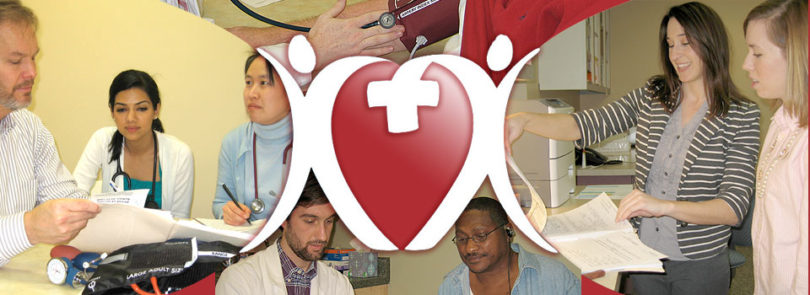When Mercy Health Center opened its doors 12 years ago, no one could’ve predicted the extensive variety of care and services that would be offered to the indigent and underserved population of Athens and its surrounding counties.
Some 4,000 patients have passed through Mercy Health Center and its 15 specialty clinics since 2001 to receive free medical, dental and pharmaceutical care.
Former University of Georgia College of Pharmacy faculty member Tommy Johnson helped set up Mercy Clinic in a small building on Park Street in 2001. Over the years, it has been housed at several locations and just recently moved into an 11,000-square-foot building on Oglethorpe Avenue.
College of Pharmacy faculty have volunteered to deliver clinical services and dispense medications since its beginning. Just as the facilities have expanded, so has the level of involvement by pharmacy faculty, doctor of pharmacy students and pharmacy residents.
Mercy is unique in that it is faith-based and supported primarily by donations and help from businesses, individuals and private grants. More than 500 volunteers have donated time to Mercy, including licensed volunteers such as pharmacists, physicians and nurses. Mercy has only six paid staff members.
Michael Neville, a clinical associate professor at the College of Pharmacy, is Mercy’s pharmacy team leader; he is in charge of the pharmacy operations, which include scheduling the volunteer pharmacist pool for evening refill clinics, ordering medications and overseeing technology needs.
“With Athens being one of the most impoverished counties in the state, we see a range of patients, from those who are highly educated and out of work to the working poor,” said Neville, noting that most students quickly realize that their own lifestyles are privileged by comparison and shouldn’t be taken for granted.
Mercy is a popular training site for pharmacy students at different levels of their clinical education. All student hours are volunteer. The 12 to 15 students who have Mercy as their service-learning site each semester earn 40 hours of credit as part of their Introductory Pharmacy Practice Experience requirements.
They learn clinical skills, such as taking medical history, weighing patients and taking their blood pressure; they also assist in filling prescriptions, just as they would in a community pharmacy.
As their skills advance, students do more work with the Pharmacotherapy Clinic, where the focus is on disease state management. Patients are seen for individual counseling on medications, diet and exercise, and for setting goals for improving their health and increasing medical compliance. Students are active in suggesting therapeutic changes when necessary, monitoring for the effectiveness of therapy and discussing these issues with patients and providers.
Catherine Bourg, a clinical assistant professor at the College of Pharmacy, works with Neville as a pharmacy preceptor two days each week. She set up the Pharmacotherapy Clinic in March 2011 as a second-year post-graduate resident with the College of Pharmacy and continued working with patients there when she became a faculty member.
“Mercy has so much to offer students,” Bourg said. “In addition to caring for an indigent population and learning about what it means to practice in a free clinic, pharmacy students work with each other and with students from other health care professions.”
“My experience at Mercy Clinic is invaluable because I was able to learn basic counseling skills through direct observation of pharmacotherapy services,” said first-year student Ahyoung Cho. “Working at Mercy has allowed me to understand and help patients who really need medical assistance but do not have insurance. It was such a unique and awesome opportunity for me as a pharmacy student to work with those patients.”






